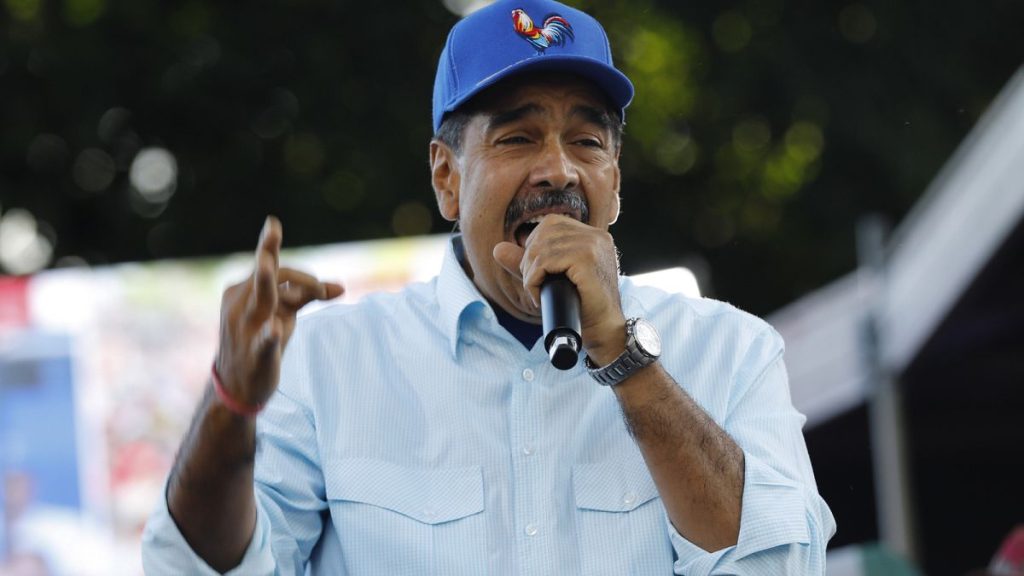The European Union’s top diplomat, Josep Borrell, has publicly questioned the validity of Nicolás Maduro’s victory in Venezuela’s presidential election in July. Borrell pointed to publicly available voting records that suggest opposition leader Edmundo González Urrutia could be the real winner of the election. Maduro responded with a string of insults against Borrell, accusing him of supporting various atrocities around the world, despite Borrell being known as a critic of Israel’s actions in Gaza. Maduro also claimed that Borrell was being influenced by the US and was instigating conflict in Ukraine. The opposition in Venezuela has been protesting against Maduro’s claim to a third term as president, disputing the official results that show him winning by a narrow margin.
Despite the opposition’s claims of widespread voter fraud, Venezuela’s top court, comprised mostly of Maduro loyalists, upheld his re-election last week. The court dismissed evidence presented by the opposition that indicated Maduro had actually lost by a significant margin. The US and several Latin American governments have rejected the court’s decision and called for transparency in the electoral process. The EU has also questioned the court’s ruling and demanded that Venezuela’s electoral authority release the full breakdown of the election results to verify the accuracy of Maduro’s win. The EU has said that only complete and independently verifiable results will be accepted to ensure that the will of the Venezuelan people is respected.
The EU’s foreign affairs spokesperson, Peter Stano, stated that there are strong indications that the final vote count in Venezuela does not match the authorities’ claims. A UN report also supports this conclusion. The EU’s foreign ministers are set to discuss their response to the political crisis in Venezuela when they meet in Brussels on Thursday. Any decision or action taken by the EU would require the unanimous backing of all 27 member states. Initially, Hungary had blocked a joint statement denouncing irregularities in the presidential vote, but the upcoming meeting will provide an opportunity for member states to exchange views on the situation in Venezuela.
The EU has refrained from calling for new sanctions against Venezuela at this time, stating that such measures would be premature as long as the political crisis continues. Relations between the EU and Venezuela have deteriorated since the bloc denounced Maduro’s re-election in 2018 as unfair and unfree. This led to the imposition of sanctions by the EU as part of international efforts to weaken Maduro’s hold on power. The ongoing dispute over the results of the recent election has further strained relations between the EU and Venezuela, with Maduro lashing out against Borrell and accusing him of being part of a conspiracy against his government. The situation in Venezuela remains tense as the country grapples with a deepening political crisis and international scrutiny over the validity of its electoral process.


